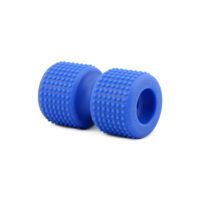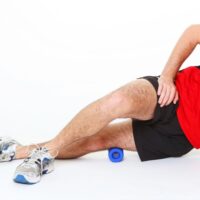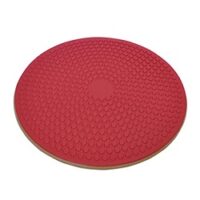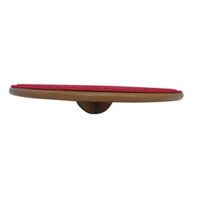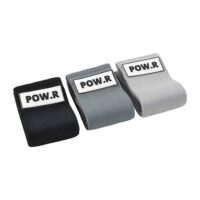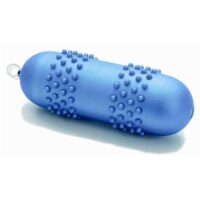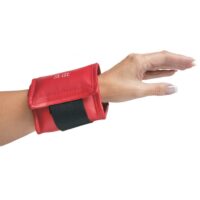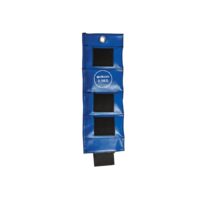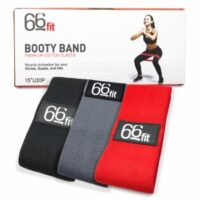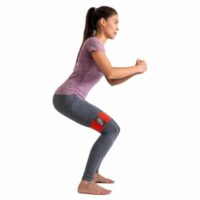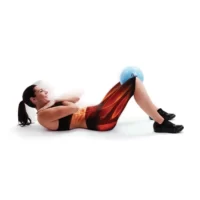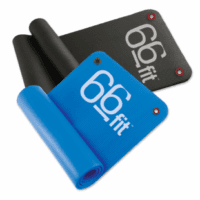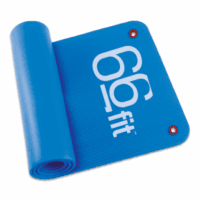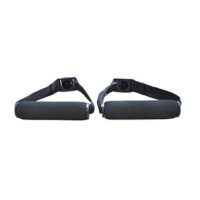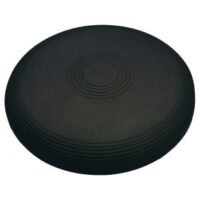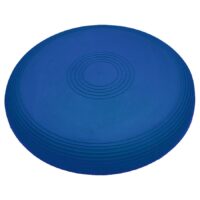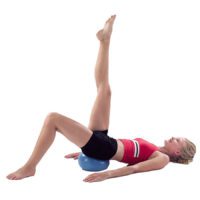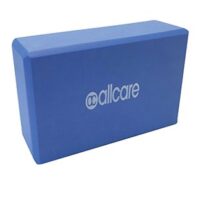Performance Exercise Physiology
Performance Exercise Physiology
A performance exercise physiologist specialises in optimising athletic performance through scientific principles of exercise and human physiology. AEPs complete 4 years at university studying biomechanics, muscular and skeletal anatomy, periodisation and training programs, human physiology and nutrition. This knowledge is combined to qualify AEPs as the highest qualified exercise professional. Many AEPs will specialise in a certain area or condition that they have passion in. Performance AEPs focus on being able to maximize and enhance the performance of athletes. We may come into your journey after illness, injury, for performance enhancement, injury prevention or during off-season. Generally, our goal is to return our clients to sport and help them get the most out of training and competition.

Assessment and Testing:
Conducting comprehensive assessments and tests to evaluate athletes’ fitness levels, metabolic efficiency, cardiovascular function, and body composition. This helps in identifying strengths, weaknesses, and areas for improvement. Each assessment or test is catered to what sport you are performing for and what needs to be improved. Assessment and testing are all about finding out how efficient your movement/technique is in your sport.
- For example, if John’s 100m sprint is currently at 13.05s and needs to be within 12.5s, we can undergo assessments of speed, strength, power and biomechanics to determine what characteristics of his sprinting gait we could possibly maximize or adjust. An ideal sprinting gait is symmetrical, parallel and efficient for the athlete – biomechanics are usually looked at through video analysis software.

Developing Training Programs:
Designing individualised training programs tailored to athletes’ specific needs and goals. These programs often include strength training, cardiovascular conditioning, flexibility exercises, and sport-specific drills to enhance performance.
Continuously monitoring athletes’ progress and performance metrics through regular assessments and feedback gives us cues for changing the program, targeting different aspects and developing the body further through different techniques. Any injuries or unusual pain can be caught early before developing into a more serious injury. Adjusting training programs as needed to ensure ongoing adaptation is important to continue getting improvements in their performance.
AEPs collaborate with sports medicine professionals to develop injury prevention strategies and rehabilitative exercises. This includes identifying biomechanical issues and implementing corrective exercises to minimise injury risks.
- Mary came in to get her performance assessed as she was having trouble improving her striking power for soccer. Testing finds reduced core strength measures, meaning that she was unable to generate enough stability and strength in her core to build power for her kick. We then provided an exercise program for Mary to improve her dynamic and anti-rotational core strength in functional exercises specific for her sport.

Nutritional Guidance:
AEP’s take part in providing nutritional advice and guidance to optimise athletes’ dietary intake for energy production, muscle recovery, and overall performance enhancement. As they have a very good understanding of human physiology, they can work with your sports dietitian to provide sport-specific nutrition advice for those wanting to get the most out of the training. Sport specific nutrition is important for gaining and maintaining muscle mass and energy stores for maximised performance outcomes.
Research and Education:
We work at staying current with research in exercise science and sports physiology to incorporate evidence-based practices into training programs. We have a strong focus on educating athletes on the principles behind their training regimen and empowering them to make informed decisions about their performance.

Overall, a performance exercise physiologist plays a critical role in maximizing athletic performance through a combination of scientific knowledge, personalized training strategies, and ongoing support for athletes. Contact our clinic today to book in with our Accredited Exercise Physiologist and Exercise Scientist and increase your performance.


